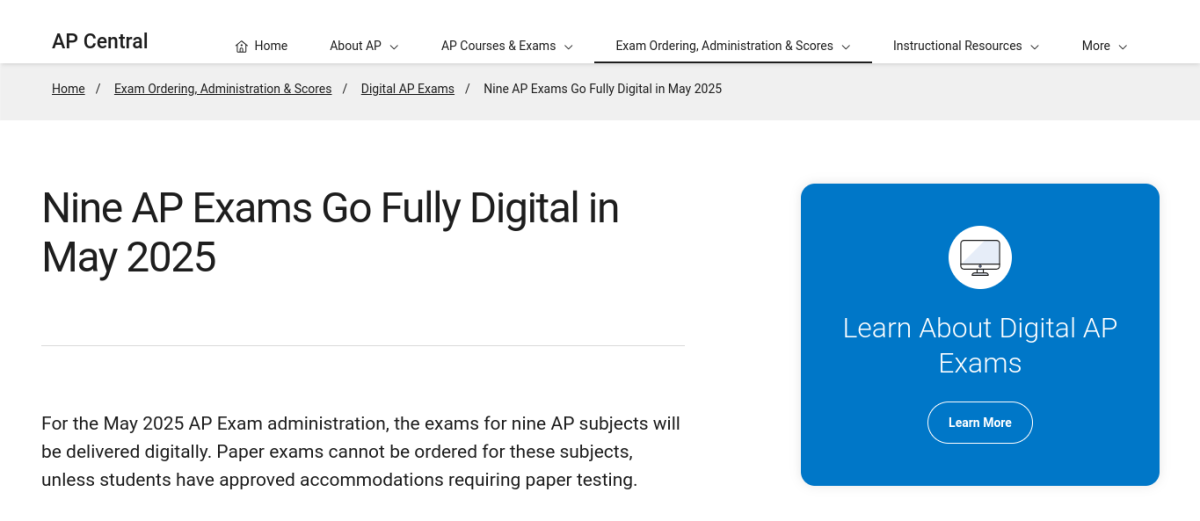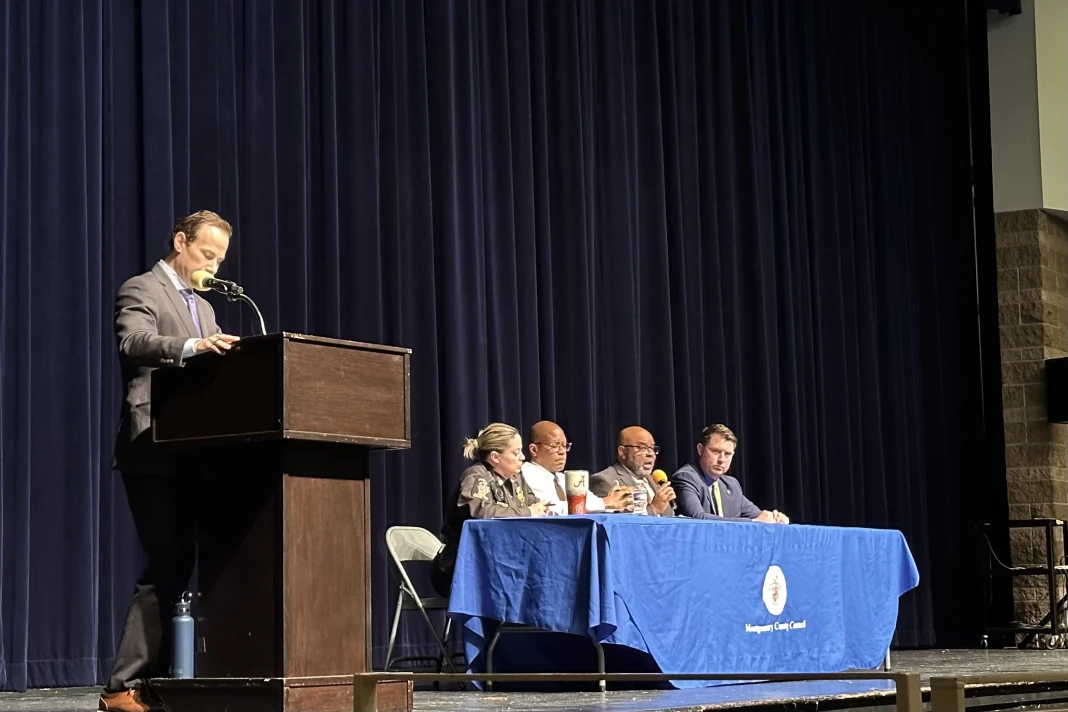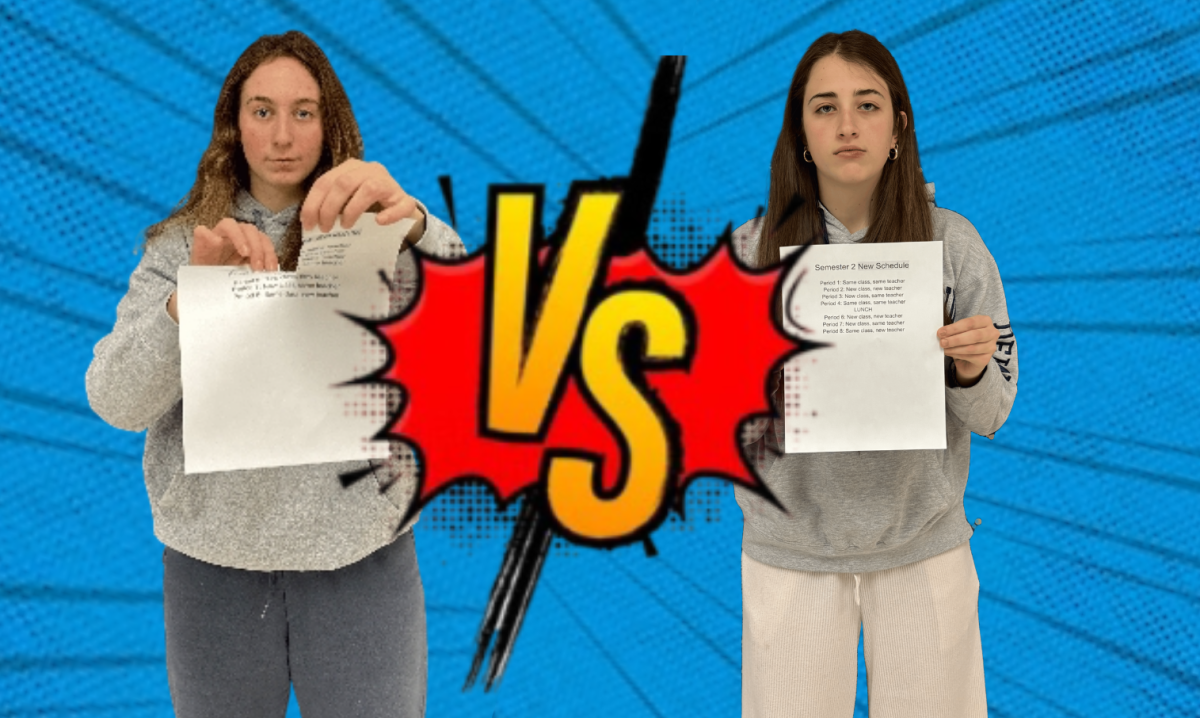Mistakes and second chances are common themes teenagers experience. As most grow up, they are encouraged to make mistakes and learn from each good or bad choice because the reality is that most depend on mistakes as learning opportunities and use these missteps to discover and grow. They often seek forgiveness as a chance to better themselves.
When sophomore Nick Stuban from a Fairfax high school, W.T. Woodson High School, was caught possessing JWH-018, a legal marijuana-like substance last November, he did not have this opportunity to experience and learn from his mistakes.
The Fairfax school district does not acknowledge the benefits of a second chance; instead, it prefers a stricter disciplinary policy unofficially nicknamed the Zero Tolerance policy.
After Stuban admitted to buying one capsule of the substance, he was removed from his high school and subsequently faced an official expulsion. He was out of school for two months—away from friends, teachers and his football team—until officials assigned him a new school to attend in January, but he committed suicide Jan. 20.
Unfortunately, this is not the first instance of a student being wronged by the Fairfax system. In March 2009, Fairfax high school student Josh Anderson committed suicide the day before a second disciplinary school hearing for a similar case.
Fairfax school officials must not blindly make decisions and strictly refer to one standard when deciding on the consequences of each minor and major offense; there are far more important factors that must play a role in these decisions, like the student’s background, his or her academic standing and the circumstances that influenced his or her decision.
If Fairfax officials had examined Stuban’s case from multiple perspectives, they would see that he was clearly affected by his family background; his mother suffers from amyotrophic lateral sclerosis, or more commonly Lou Gehrig’s disease, a dire medicinal condition that probably largely impacted the sophomore student.
Simply pushing a troubled student from one school to the next is not going to solve the problem—this is merely working around a problem. An expulsion is by no means an effective mode of discipline for it does not allow a student to seek the counseling and proper advising he or she needs to avoid a similarly destructive situation in the future. Instead of seeking to solve the root of the problem, they tried to simultaneously amplify it and push it under the rug.
According to a Feb. 20 Washington Post article, few D.C. school systems in the metropolitan area rely on school transfers as frequently as Fairfax does. D.C. schools have moved away from involuntary transfers. In Montgomery County, most students go back to their home schools after carrying out offenses.
However, it is not uncommon to hear of alcohol and drug-based suspensions at CHS and other MCPS schools, and these suspensions sometimes last up to 10 days. Though school officials may believe that they are teaching the students a lesson and giving others a warning by taking such strict action, research shows that even temporary suspensions tend to increase academic problems and lead to further behavior problems and higher dropout rates.
A more lenient disciplinary approach does not mean that students are encouraged to infringe school rules. Rather, students must feel comfortable in their school community and know that they can seek guidance from school officials before they make a wrongful error. Students should feel welcome in their community, even after committing alcohol and drug related infringements.
Students must not be treated as numbers and statistics, and their struggles and misshapes must not be blindly dealt with as strict formulas according to a series of guidelines. The punishment must accommodate both the crime and the student, for no one case is ever identical to another.
Categories:
Zero tolerance policy harms all students
March 21, 2011
Story continues below advertisement
0
More to Discover













